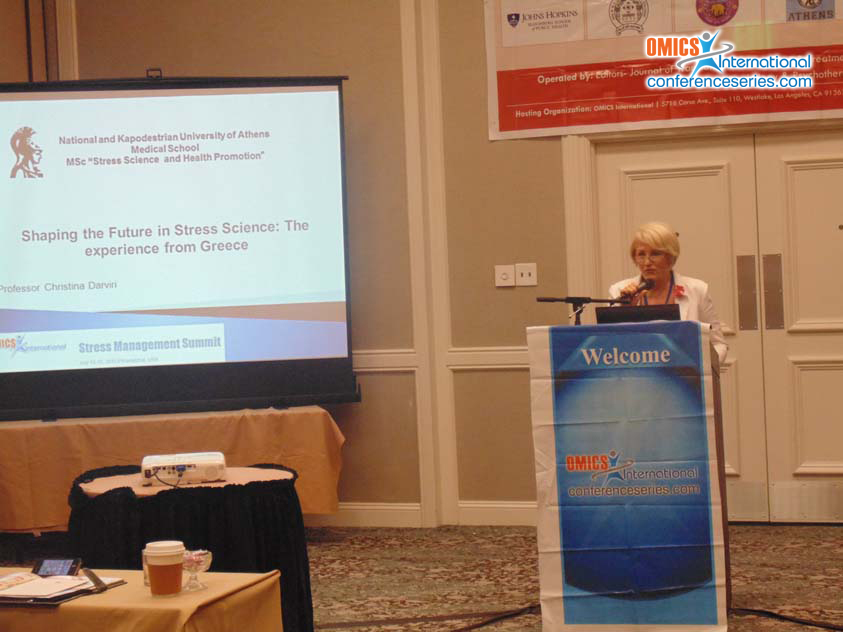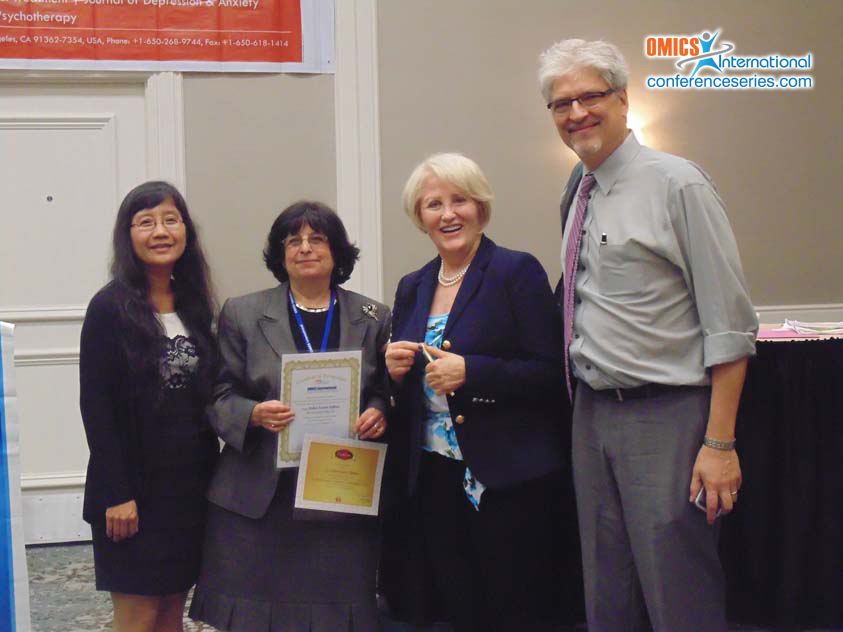
Christina Darviri
University of Athens, Greece
Title: Non-Pharmaceutical Stress Management & Lifestyle Change Program (Heal Stress Study) for Blood Pressure Control and Psychosocial Wellbeing in 266 Patients in Attica, Greece: A qualitative report
Biography
Biography: Christina Darviri
Abstract
Lifestyle interventions for blood pressure (BP) treatment are characterized by a low adherence rate. Self-management is integral for BP treatment and involves the acquisition of new skills. Stress management and lifestyle change programs seem to have an additional effect in the development of self-management and BP control. This was a quasi-experimental design with a waitlist control group and was funded from EPANAD 2007-2013. The study comprised an 8-week stress management and lifestyle change program, including weekly sessions (stress management, dietary counseling and physical exercise). In the 8th week, qualitative data were recorded. All semi-structured interviews were transcribed, and coding derived from repeated themes. Post-intervention, 53.8% of the participants reported walking more than 8.000, steps/day (17.3% reported walking over 10.000, steps/day). According to the WHO, a mean of 10.000, steps/day is required for a healthy lifestyle. Regarding dietary habits, there was a significant increase in water and vegetable/fruit consumption (80.9% and 76.4%, respectively) and a significant reduction in sodium intake (80.9%). Approximately, 60.9% of the participants experienced significant improvement sleep quality. Relaxation breathing and progressive muscular relaxation were implemented by 80.1% of the sample. Approximately 43.6% of the participants mentioned positive thinking and anger management, and 35.3% reported better mood regulation and a sense of relaxation. Of the 19.5% of the participants who reported BP regulation/reduction, 10.8% devoted more time to themselves, and 9% managed to set goals. This non-pharmaceutical stress management and lifestyle change program resulted in significant benefits of the regulation of BP as well as for lifestyle change.


